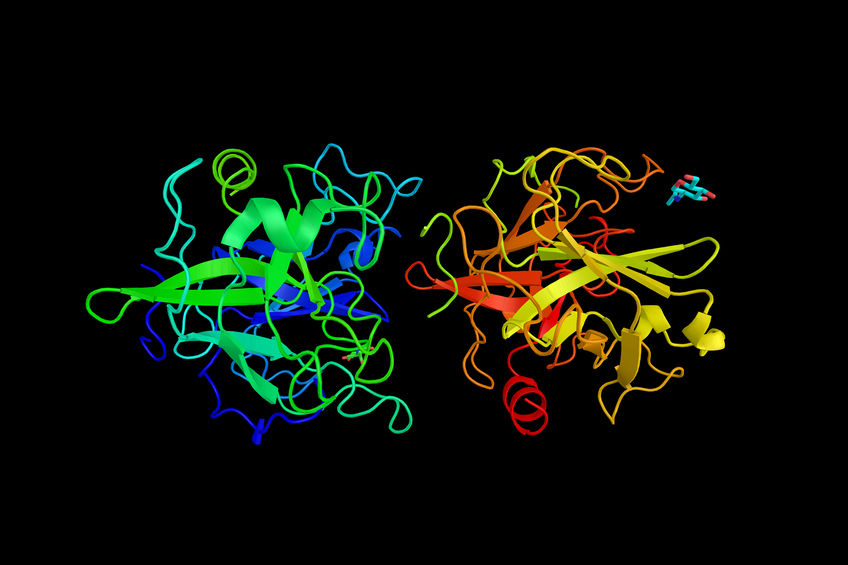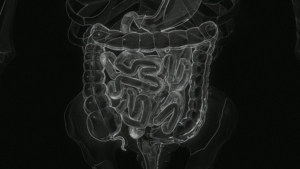
AgomAb Therapeutics bags €21m Series A financing
AgomAb Therapeutics, a company resulting from a collaboration of argenx SE and growth factor experts from the University of Turin, has completed a €21m Series A financing.
The financing was co-led by V-Bio Ventures (Belgium) and Advent France Biotechnology (France), with further contributions of Boehringer Ingelheim Venture Fund (Germany), Omnes (France) and Pontifax (Israel). Upon the financing round, ex-AMR Pharma CEO Tim Knotnerus was announced as Chief Executive Officer, Torsten Dreier, formerly CDO at argenx, as Chief Development Officer, and John Haurum as Chairman of the Board of Directors. Additionally, Matthieu Coutet from Advent France Biotechnology, Ohad Hammer from Pontifax, Claire Poulard from Omnes, Katja Rosenkranz from V-Bio Ventures, Ilka Wicke from BIVF, and CSO Paolo Michieli entered AgomAb’s Board of Directors.
The company emerged from a partnership of Dutch argenx SE and hepatocyte growth factor (HGF) expert Paolo Michieli from University Turin with the goal to exploit the tissue-regenerative potential of HGF, which is not druggable. The solution of the research effort is a preclinical pipeline of agonistic antibodies that promote dimerization of the MET receptor, thus mimicking HGF function. AgomAb Therapeutics acquired a exclusive licence for HGF-mimetic SIMPLE Antibodies from argenx to commercialise the findings in a separate company. Financial details on the agreement were not disclosed.
AgomAb Therapeutics announced it aims to develop a pipeline of growth factor-mimetic agonistic monoclonal antibodies (agomAbs) with applications in the fields of fibrotic, inflammatory, autoimmune and degenerative diseases, with the HGF mimetic as lead. The regenerative and anti-fibrotic potential of HGF has been known for decades, but its translation to the clinic has been challenging," said Paolo Michieli, the company’s Cheif Scientic Officer. "While HGF-mimetic agomAbs maintain the full therapeutic potential of HGF, they display the excellent drug-like properties of antibodies, holding the promise for regeneration of fibrotic tissues in a variety of clinical indications.
Ex F-Star CEO John Haurum commented: Anti-fibrotic regenerative stimulation of the HGF pathway is an exciting novel approach which holds promise in a range of hard-to-treat inflammatory conditions. I am very excited to be joining AgomAb and look forward to supporting the experienced Leadership Team in developing this breakthrough approach and improve outcomes for patients.
As overactivation of the MET receptor is a hallmark of numerous cancers, it will be crucial to find the right balance of activation to appropriately mimic HGF function. Mechanistically, its not yet clear how the MET receptor dimerizes.



 Unsplash+
Unsplash+